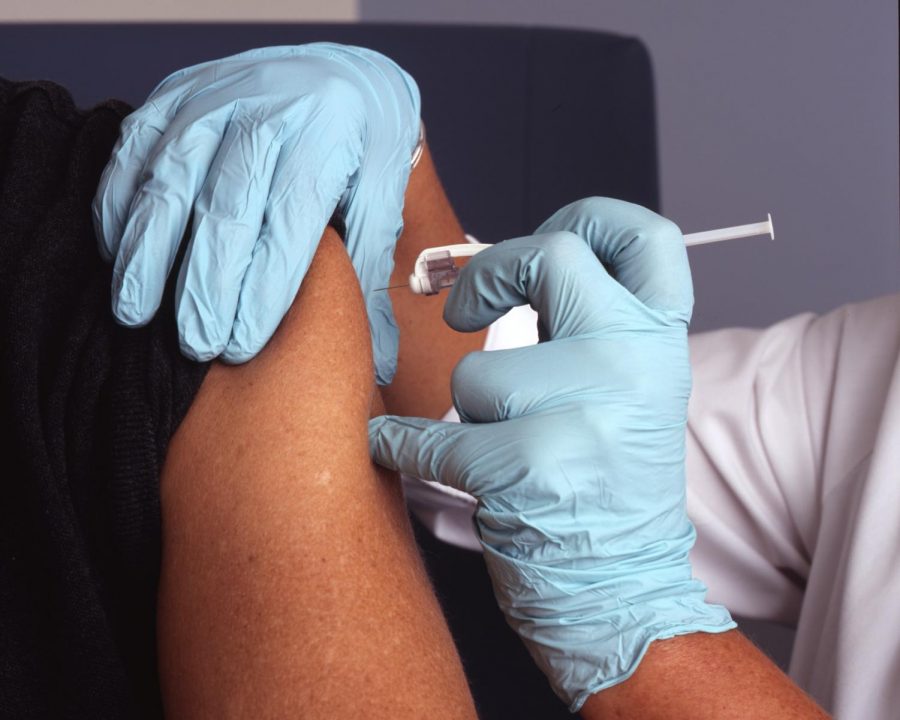Is rushing the vaccine worth the risk?
December 7, 2020
As the search for a Coronavirus vaccine presses on into December, the World Health Organization has yet to approve a cure. Regulators require both safety and efficacy for approval. 58 vaccines are undergoing human clinical trials, with at least 87 preclinical trial vaccines participating in animal testing.
For a vaccine to be approved, it must pass preclinical testing, as well as three phases of clinical trials. The first is safety trials where the vaccine is presented to a small number of people to make sure that the drug stimulates the immune system properly. The second is given to hundreds of people, categorized into demographic groups, testing the varied results on different ages. The third trial is distributed to groups of thousands, hopefully offering full protection from the virus. Currently, only 13 variations of the vaccine have made it to this stage.
Seven vaccines have been admitted early or limited approval. Both China and Russia have offered doses that are considered to be “approved vaccines”, however, these were offered before receiving the results of Phase three trials. People vaccinating with these pre-approved drugs are prone to serious risks.
Before the domination of Coronavirus, it typically took more than 10 years to develop vaccines, according to the British health charity Wellcome Trust. Research discovery takes up the first two to five years, seven to eleven years for phase trials, and one to two years for approval. Pharmaceutical vaccine development groups, Pfizer and Moderna vaccines, predicts to have distributed approximately 50 million emergency Coronavirus doses by year’s end. Front-line health care workers will be amongst some of the first to receive the new vaccine, a reasonable demographic to be allowed the first distributions. But, after comparing the regular vaccine development time to the coronavirus development, does the world really want to risk our front-line workers without a long-term analysis? A large number of Americans are already hesitant about a Coronavirus vaccine. A Gallup poll in August said that 35% of participants would not get the vaccine when it becomes available even if it were free and approved by the Food and Drug Administration.
Brooke McKeever, Ph.D., associate dean of research and an associate professor of communication at the University of South Carolina, is concerned that the rushing of the vaccine might make people more hesitant. “Cutting corners at this point could undermine public trust,” she said. “If the data are complete, clear, and compelling, that is one thing, but we need to make sure the vaccine is safe and effective before it is made available to the public.” The quicker that development is progressing, the less confident people are feeling about the safety and reliability of a new vaccine. McKeever says that “Emphasizing that the vaccine is safe and effective will resonate with some audiences. Being able to say the vaccine went through all the necessary trials is an important part of that message.”
Brooke Kruger is a Dakota Student Opinion Writer. She can be reached at brooke.kruger@und.edu


